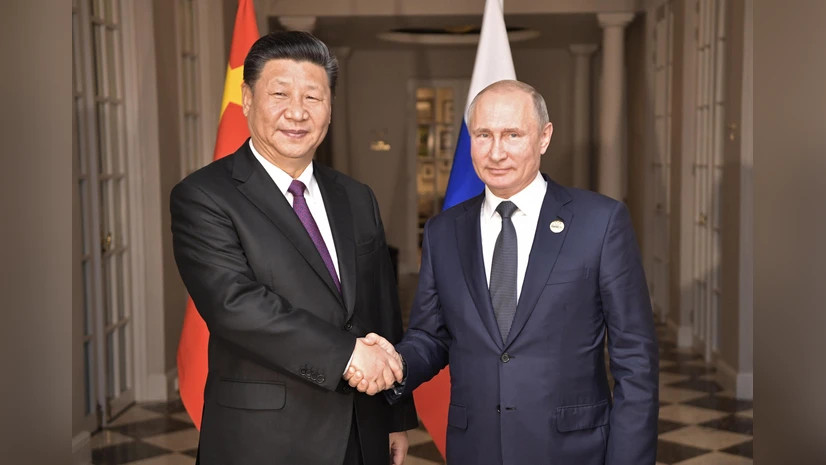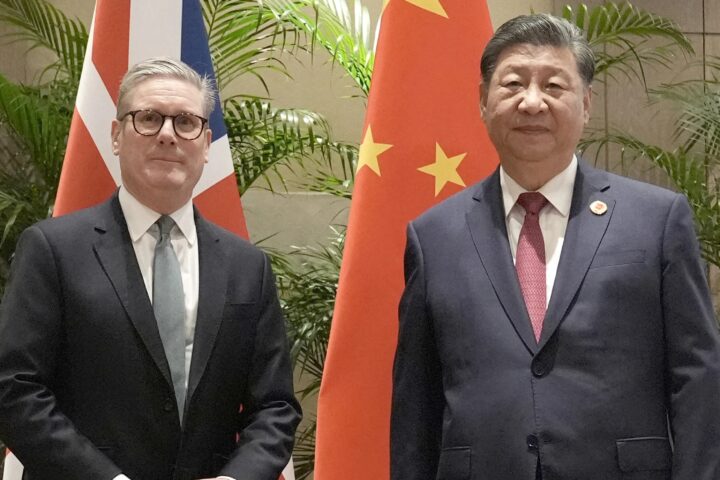Russia has pledged to support China’s ambition to surpass the United States as the world’s leading nuclear power producer, deepening a strategic partnership that could reshape the global energy balance. The announcement came after talks in Beijing, where Rosatom chief Alexei Likhachev confirmed Moscow’s commitment to boosting China’s nuclear energy sector. According to Reuters, China aims to expand its nuclear capacity beyond 100 gigawatts (GW), overtaking the US, which currently has around 97 GW, while China stands at about 53.2 GW.
Expanding cooperation in reactors and fuel
Russia has already built four nuclear reactors in China and is constructing four more, with future projects planned to introduce advanced reactors using a closed fuel cycle based on Russian technology. In addition, Moscow supplies highly enriched uranium to China, including fuel for the CFR-600 fast breeder reactor, with expectations of increased deliveries in the coming years. Beijing’s reliance on Russian uranium and fuel technology could tighten Moscow’s political leverage over China while accelerating China’s technological progress.
Strategic and security implications
The collaboration signals a shift in global nuclear competition, with Russia and China openly aligning against US dominance. Washington has long expressed concern about the pace of China’s nuclear expansion, warning that fast breeder technologies and closed-cycle reactors carry the risk of producing weapons-grade plutonium. The deepening cooperation now underscores the emergence of a powerful nuclear bloc outside Western institutions, raising fears in the US of weakened non-proliferation safeguards and diminished leadership in both civilian and potential military nuclear technologies.
Global power balance and US response
China’s drive, reinforced by Russian assistance, could redefine the balance of nuclear power worldwide. For Beijing, this partnership strengthens energy security and strategic autonomy, while for Moscow it consolidates influence over a key ally at a time of confrontation with the West. In Washington, lawmakers had already urged the White House to respond to Russian-Chinese nuclear cooperation as early as three years ago. With China poised to accelerate its nuclear development, the US faces mounting pressure to reinforce its own nuclear infrastructure and counterbalance a partnership that could shift the strategic equilibrium for decades to come.













